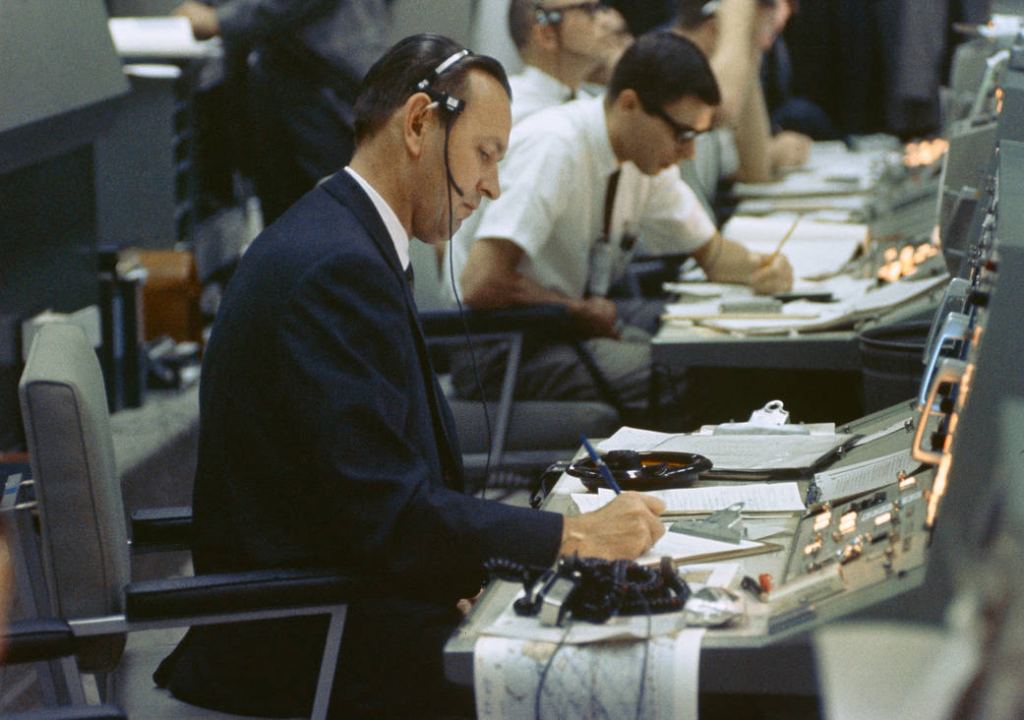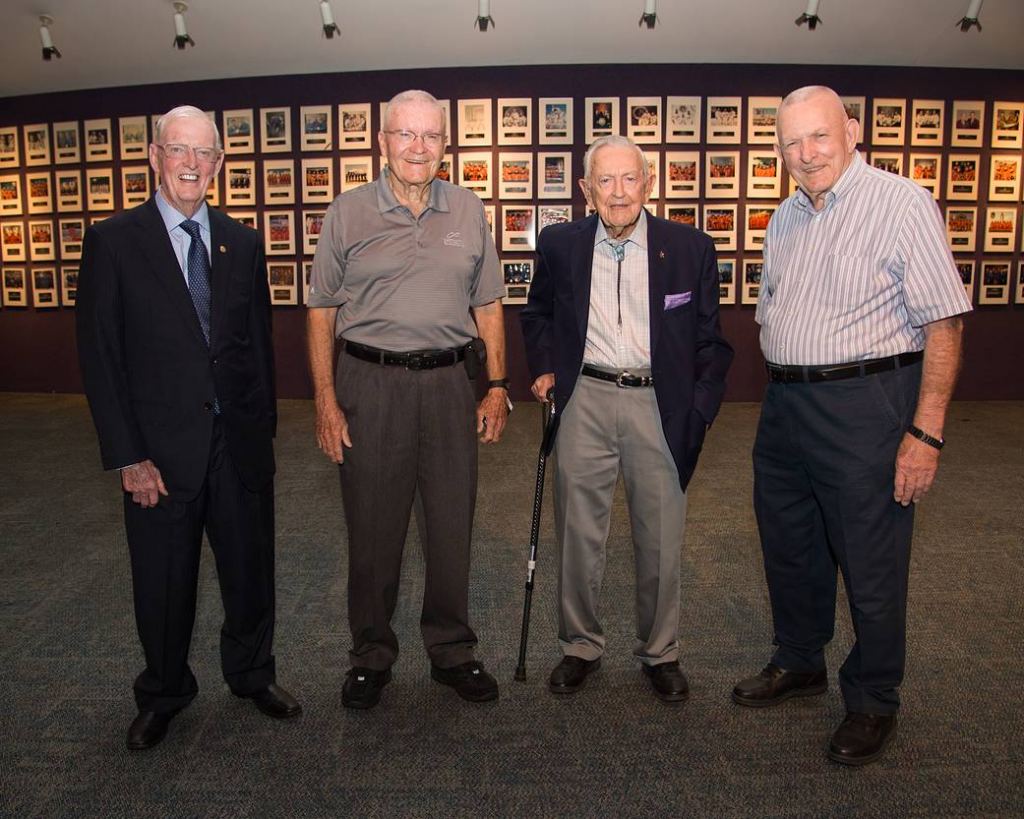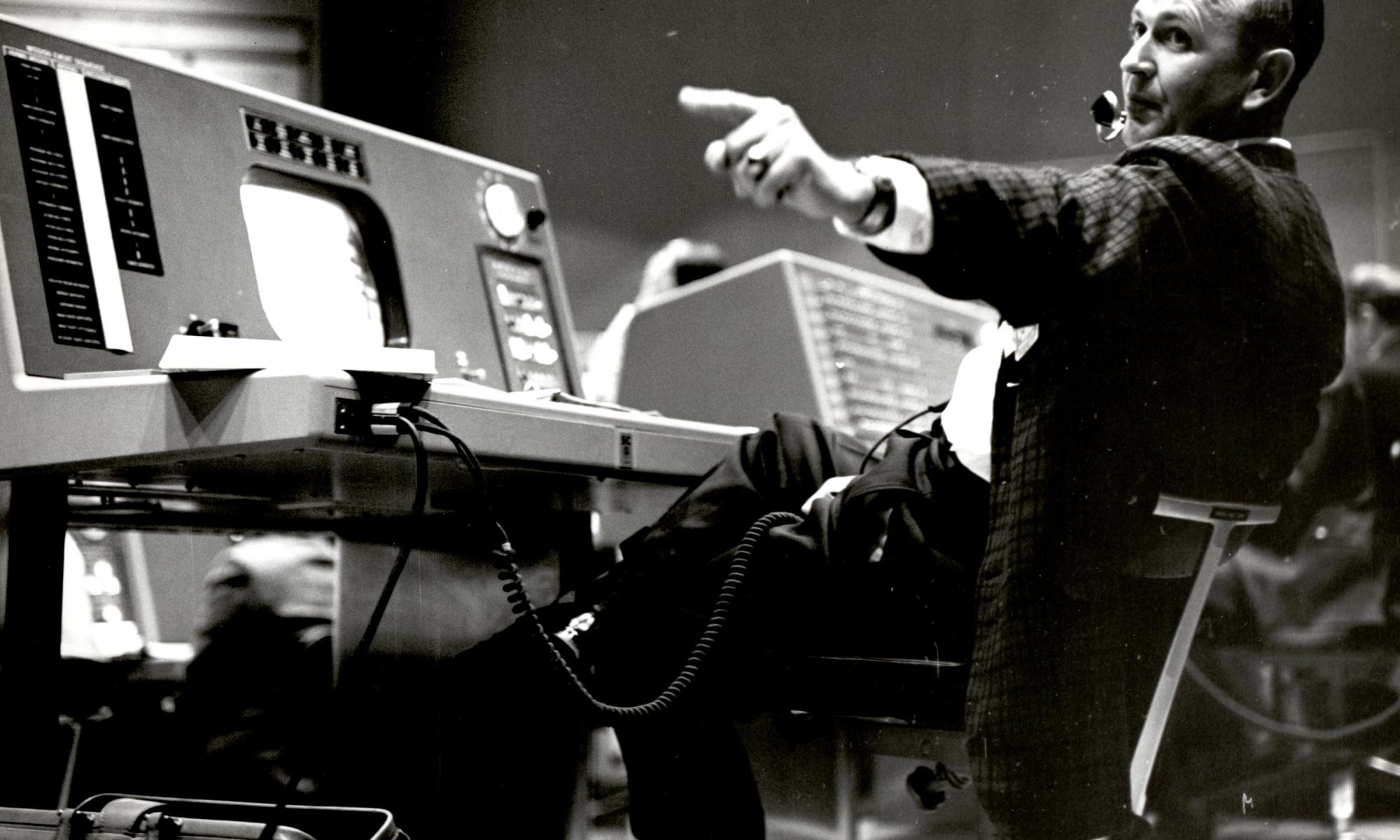The man known as the ‘father of flight control’ – Christopher C. Kraft, Jr. – has died at the age of 95. Kraft joined the NASA Space Task Group in November 1958 and became the first flight director. He created the concepts of mission planning, and real-time monitoring and control for the first U.S. crewed spaceflight missions and became a driving force in the U.S. space program.
“America has truly lost a national treasure with the passing of one of NASA’s earliest pioneers – flight director Chris Kraft,” NASA Administrator Jim Bridenstine said in a statement. “We send our deepest condolences to the Kraft family.

Kraft’s death comes just as NASA is celebrating the 50th anniversary of the Apollo 11 mission, the first to land on the Moon.
The legendary Kraft personally came up with the ideas for space-to-ground communications, space tracking, real-time problem solving and crew recovery. He was behind the famous go/no-go decisions, and also had the idea for “integrated simulations” where the astronauts and flight control teams trained together, since they would be working so closely during the real missions.
Before the first mission to space ever flew, it was Kraft who began creating flight plans and figuring out how the spacecraft should be operated. He was inspired by his early work as an aircraft flight test engineer. He led the instrumentation teams on the ground during several of the first attempts to break the sound barrier, and Kraft realized that just like test pilots, astronauts would need a system of communications and support back on Earth during critical phases of the mission. He knew they would also require a ground-based tracking system and instrumentation for the telemetry of data from the spacecraft. The concept of a control center to monitor and operate space flights in real-time was born, which was something no one else had thought of or done before.
Everyone who worked with Kraft developed a deep respect for his methods and insights. Apollo 11 astronaut Neil Armstrong once called Kraft “the man who was the ‘Control’ in Mission Control.”
Fellow flight director Glynn Lunney wrote in his book, “Highways Into Space” that Kraft had a “pervasive influence” on NASA and everyone in the young flight control team.
“Whatever his various titles were during those years, he was our leader – ‘the’ Flight Director – and our role model. His influence was always a lesson in leadership and we strove mightily to emulate the same,” Lunney wrote.
Kraft was born Feb. 28, 1924 near Hampton, Virginia. In high school, he wanted to be a professional baseball player, but after he took elective course in college on basic aerodynamics, he was inspired to major in aeronautical engineering. In 1944, he graduated with one of the first degrees in that field awarded by the Virginia Polytechnic Institute (known now Virginia Tech).
During the Apollo program, Kraft became the Director of Flight Operations at the Manned Spacecraft Center (now known as Johnson Space Center), responsible for overseeing all human spaceflight mission planning, training and execution. His leadership in this critical area continued through the Apollo 12 mission in 1969, at which time he became deputy director of the Center. He served as the center director from January 1972 until his retirement in August 1982, playing a vital role in the success of the final Apollo missions, the Skylab space station, the Apollo-Soyuz Test Project and the first flights of the space shuttle.

After retirement from NASA, Kraft consulted for numerous companies including IBM and Rockwell International, served as a Director-at-Large of the Houston Chamber of Commerce, and as a member of the Board of Visitors at Virginia Tech. In 2001, he published an autobiography titled “Flight: My Life in Mission Control.” His book is a detailed discussion of his life through the end of the Apollo program, and was a New York Times bestseller.
On April 4, 2011, NASA named its Building 30 Mission Control Center at the Johnson Space Center in his honor, in recognition of his service to the nation and its space programs. The Christopher C. Kraft, Jr., Mission Control Center has now operated for 50 years in support of space missions. At the naming ceremony, Lunney said, “The Control Center today…is a reflection of Chris Kraft.”
Kraft married his high school sweetheart, Betty Anne Turnbull, in 1950. They have a son and a daughter, Gordon and Kristi-Anne.
“Kraft led a team of young pioneers to places that no one had gone before and, in the process, inspired and united the people of the world,” said said Dr. Mary Lynne Dittmar, president and CEO of the Coalition for Deep Space. “He defined mission control and the way we go about exploring space, today, and laying the foundation for many missions to come. He was a great leader, a great American and an Explorer for the ages. We can only try to follow in his giant footsteps as we focus, once again, on reaching out beyond our world.”
Read more about Kraft at this NASA page.

